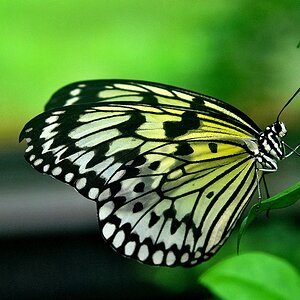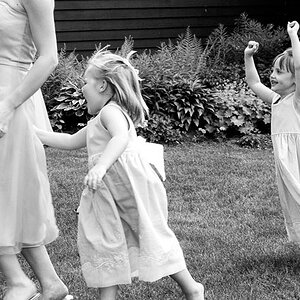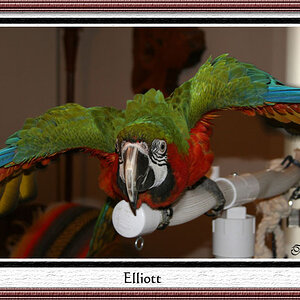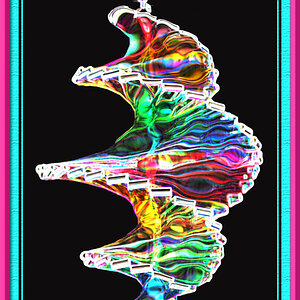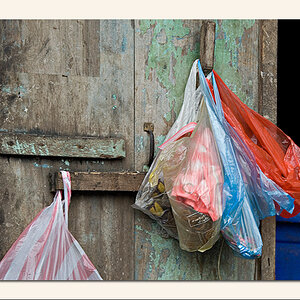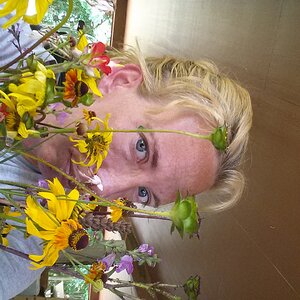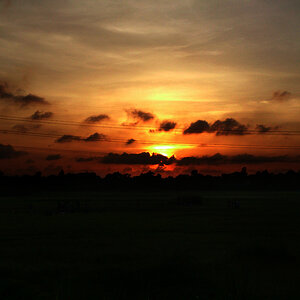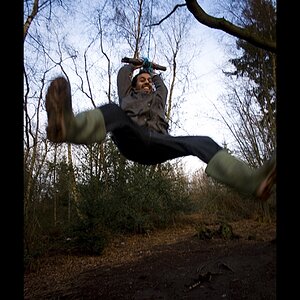Michael Cardenas
TPF Noob!
- Joined
- Feb 6, 2019
- Messages
- 24
- Reaction score
- 2
- Can others edit my Photos
- Photos NOT OK to edit
I read somewhere that it would benefit me to buy monitor calibrating software and a colorimeter. My goal right now is to become a freelancer or get a steady part-time job in the photography industry. For those of you that have experience, will it be necessary to buy these products or will I be able to develop a quality portfolio without them?


